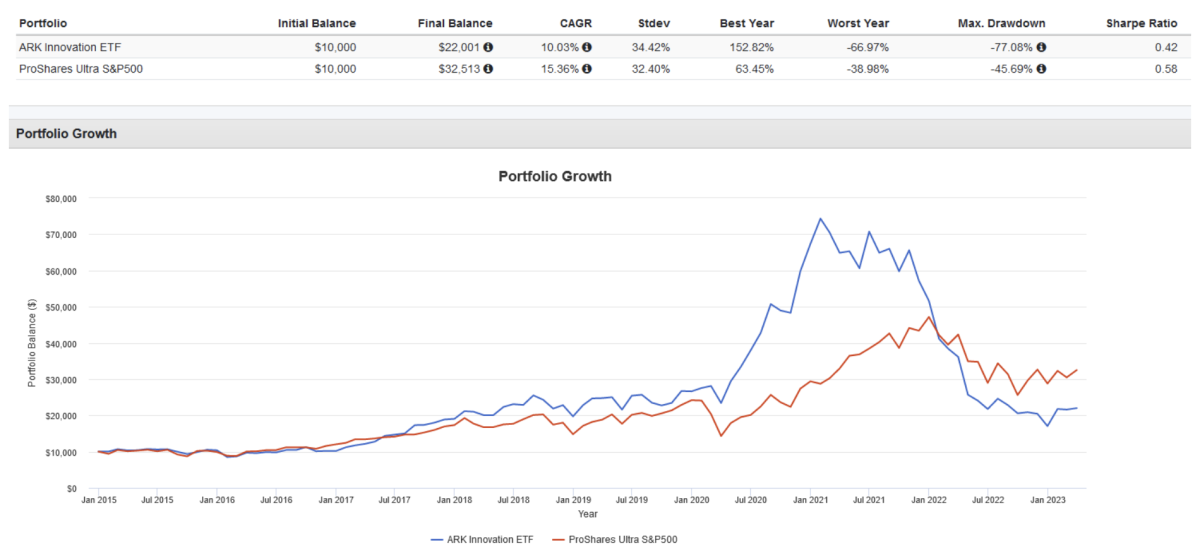Research Analysts Downgrades For April 25th Ctrp Dft Dwch Elgx Exas Fcco Fch Fico Frme Fsb
On April 25th, a wave of downgrades reverberated through the financial markets as research analysts re-evaluated several notable stocks, including Ctrip (CTRP), DF Technology (Dft), D-Wave Systems (Dwch), Elbit Systems (Elgx), Exas, F5, Inc. (Fcco), First Hawaiian Bank (Fch), Fair Isaac Corporation (Fico), Frame.io (Frme), and First Savings Bank (Fsb). This scrutiny serves as a microcosm of the broader market's evolving perceptions, allowing investors to glean insights into the nuanced factors influencing stock valuations.

Among the most noteworthy downgrades was that of Ctrip (CTRP), a leading online travel service provider based in China. Analysts have shifted their outlooks, citing a combination of competitive pressures and macroeconomic headwinds. International travel is experiencing a resurgence; however, Ctrip's market share has been challenged by both local competitors and changes in consumer behavior. Observations indicate a potential plateau in growth, prompting a cautious approach towards the stock's performance in the forthcoming quarters.
Next, DF Technology (Dft) emerged on the radar with a downgrade attributed to diminished profit margins. An intense competitive landscape in the tech sector has hampered its pricing power, leading analysts to forecast a contraction in earnings. The rapid pace of innovation often leaves established players like DF struggling to maintain a foothold, particularly when disruptive entrants leverage agility and cost-effectiveness to gain market share. The results from their latest earnings report were underwhelming, amplifying concerns about sustained profitability.
The downgrades did not stop there; D-Wave Systems (Dwch) also faced a reassessment from analysts. As quantum computing continues to be heralded as the next frontier in technology, D-Wave's performance has been scrutinized against rising competitors who are rapidly advancing their own quantum solutions. Although the company boasts a strong technological foundation, its path to commercialization remains tenuous amidst the precarious nature of the industry. D-Wave’s promise is tantalizing, yet apprehensions prevail regarding its capacity to deliver consistent returns amid emerging players with deeper pockets.
Elbit Systems (Elgx), a multinational defense electronics company, found itself as the focus of a downgrade amid geopolitical uncertainties that have reshaped military spending patterns globally. Analysts indicated that a diversion of defense budgets towards emerging technologies could impede Elbit's traditional revenue streams. Additionally, the heightened scrutiny on military-related expenditures in various regions amid shifting political landscapes may further complicate revenue forecasting for the company.
Turning to genomics, Exas has also seen a cap on its previous growth trajectory. Analysts highlighted the increasingly crowded landscape of competing diagnostic companies that threaten Exas's market dominance. Despite having developed pioneering technologies for early cancer detection, the scrutiny over pricing models and reimbursement frameworks raises significant questions about future profitability. The competition in precision health solutions could also dilute Exas’s market position, hence the recent downgrade.
F5, Inc. (Fcco), a renowned player in application delivery networking, received a downgrade owing to concerns about future growth potential. The company, once considered a stalwart in its sector, is currently grappling with the implications of shifting consumer demands. The accelerating shift towards cloud computing and serverless architecture has introduced challenges that could reshape their business model. Analysts worry that F5’s ability to innovate at the required pace may falter, leading to concerns about declining market relevance.
Among regional banks, First Hawaiian Bank (Fch) has experienced a downgrading due to a projected slowdown in loan growth, owing largely to rising interest rates affecting consumer borrowing. The Pacific banking market is proving to be highly sensitive to macroeconomic changes, with heightened scrutiny on loan defaults as regional distress surfaces. Such dynamics have prompted analysts to reassess forward earnings in light of potential headwinds in a cyclical downturn.
Fair Isaac Corporation (Fico) faced a downgrade primarily due to fluctuations in credit risk assessments that could impact its core scoring business. The ongoing evolution of credit markets, compounded by regulatory changes, has created a more complex operating environment. Analysts are noting that uncertainties surrounding consumer credit trends may impede FICO’s ability to navigate the multi-faceted challenges head-on, leading to cautious projections.
Moreover, Frame.io (Frme), while well-regarded in the digital content collaboration space, is now viewed under a more critical lens. As competitive offerings proliferate in this rapidly burgeoning space, Frame.io’s service differentiation has come into question. The downgrades reflect concerns over customer retention and the ability to monetize its expansive user base in a climate of increased digital content creation.
Finally, First Savings Bank (Fsb) finds itself in a delicate position as macroeconomic factors loom large. The rise in operational costs and regulatory pressures has constrained margins. Analysts underline the importance of strategic pivots in management to navigate a challenging banking environment, suggesting that while the heart of the institution remains solid, the external pressures are non-negligible and merit cautious investor sentiment.
In summation, the downgrades across these disparate entities reflect a confluence of factors: competitive pressures, macroeconomic headwinds, geopolitical uncertainties, and evolving consumer behaviors. Each company's unique challenges elucidate the complexities of the market landscape in April 2023. Investors are advised to remain cognizant of these developments, as they not only influence the individual companies involved but also contribute to overarching market sentiment in a period marked by significant uncertainty.
Post a Comment